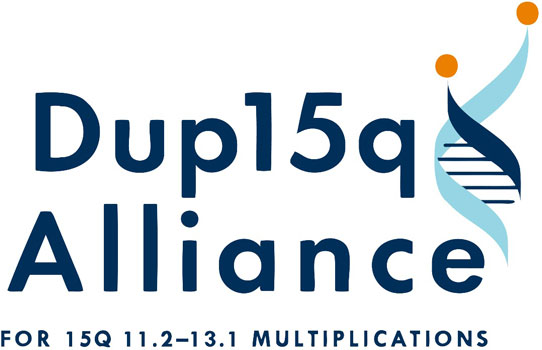Dr. Ben Philpot earned his Ph.D. in psychobiology from the University of Virginia in 1997. He performed a neuroscience postdoctoral fellowship in the laboratory of Dr. Mark Bear at Brown University and M.I.T., before coming to UNC in 2004. He is currently a Kenan Distinguished Professor in the Department of Cell Biology and Physiology, Associate Director of the UNC Neuroscience Center, and a member of the Neuroscience Curriculum and the Carolina Institute for Developmental Disabilities (CIDD). Dr. Philpot is the co-Director of a cross-disciplinary postdoctoral training grant for the CIDD.
Project Title: Exploration of critical periods for UBE3A overexpression in Dup15q syndrome and ASD
Project Dates: 2019 – 2021
Grant: $50,000 annually ($100,000 total)
Abstract: Dup15q syndrome accounts for 1-3% of all autism spectrum disorders and carries significant risk for seizures, which can be lethal. Individuals with Dup15q inherit extra copies – usually 1 or 2 – of genes within the 1511.2- q13 chromosome region. It is unclear which of these contributes to the disorder, or how they increase risk for seizures, but UBE3A has emerged as a primary candidate gene. We will generate new mouse models for the study of how extra UBE3A copies confer risk for seizures. Our mice will carry 1 or 2 extra Ube3a copies, mirroring the UBE3A overdosage observed in Dup15q. Using these models, we will study key aspects of seizure expression: 1) initial responses to seizure-causing drugs (seizure threshold), (2) responses to repeated, recurrent seizures (epilepsy), and (3) lethality during seizures, which could help us to model sudden unexpected death in epilepsy (SUDEP), a serious risk for individuals with Dup15q. We will also perform electroencephalograpy (EEG) on our mice to determine if UBE3A overdosage produces changes in brain rhythms that are seen in the Dup15q population. Our project will yield insights into the relationship between a key Dup15q gene and the debilitating seizures plaguing individuals with the disorder, and in the process, provide outstanding training opportunities in seizure behavior and in vivo electrophysiology. Importantly, our models will be applicable to the study of any relevant Dup15q phenotypes, and they will feature reversible Ube3a overexpression, so that the therapeutic benefits of returning Ube3a to normal levels can be explored.





